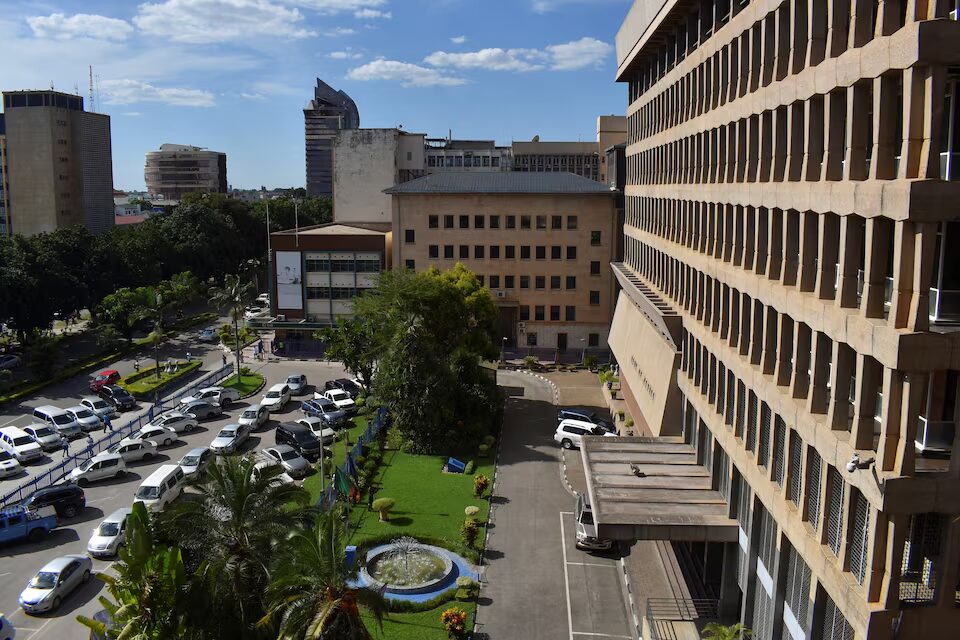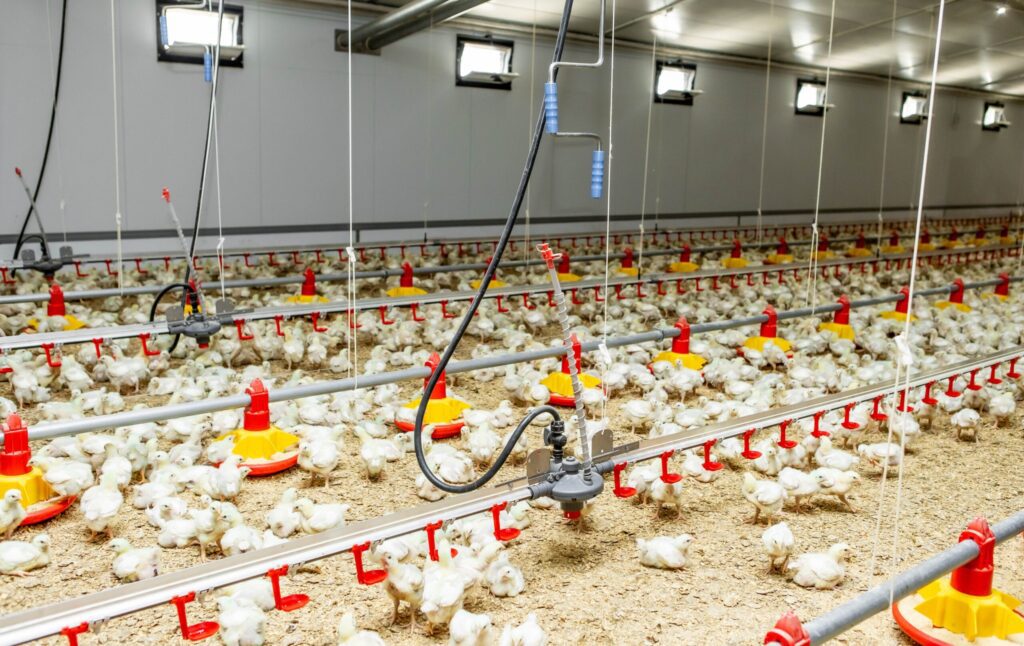
Thursday 27th November 2025

by inAfrika Newsroom
The Southern Africa poultry sector is under review in Lusaka, where the Poultry Futures Forum 2025 is bringing together farmers, financiers and policymakers from across the region. The two-day meeting, held on 25–26 November at the Intercontinental Hotel, is co-convened by AGRA, SACAU and other partners to tackle bottlenecks in feed, finance and disease control.
Speakers say the Southern Africa poultry sector can drive rapid job creation and protein supply if small and medium-scale producers gain easier access to working capital, day-old chicks and quality feed. However, many farmers still rely on informal loans and face high interest rates from commercial banks. Delegates are discussing blended finance models, warehouse receipt systems for maize and soy, and regional grain trade reforms that could lower input costs.
The forum is also assessing disease threats such as avian influenza and Newcastle disease, which have wiped out flocks in past seasons. Participants emphasise the need for coordinated vaccination plans, better biosecurity training and more transparent reporting. Gender advocates are pushing for targeted support to women-led enterprises that dominate egg retail and small broiler operations in townships and rural growth centres.
Organisers plan to issue a Lusaka declaration outlining priority actions for governments, financiers and producers. These include developing regional poultry investment pipelines, standardising feed quality regulations and improving cold-chain links between farms and urban markets. Follow-up working groups will track progress and help embed Southern Africa poultry sector targets in national agricultural and industrial policies.
A stronger Southern Africa poultry sector can deliver affordable chicken and eggs to millions of low-income consumers, reducing dependence on imports and creating inclusive jobs. When farmers access reliable feed supplies, vaccines and finance, they can scale up quickly and supply supermarkets, fast-food chains and informal traders. Regional coordination around grain, feed and animal health also helps smooth price spikes during droughts or disease outbreaks. In turn, that supports nutrition for children and women, stabilises rural incomes and builds new markets for African grain and oilseed producers.


